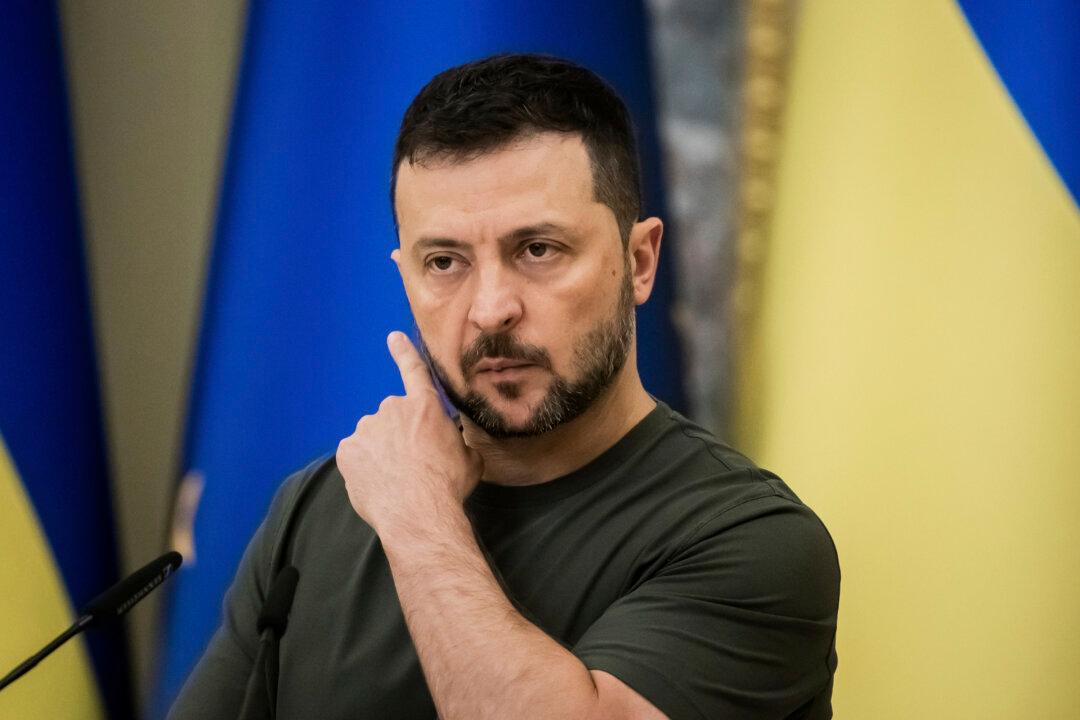Ukrainian President Volodymyr Zelenskyy on Oct. 29 urged his international supporters to react more forcefully to reports of North Korean forces in Russia and reiterated requests for long-range cruise missiles to strike inside Russia.
For weeks, the Ukrainian leader has raised alarm with claims that thousands of North Korean forces have arrived in Russia and may soon fight against Ukraine. The North Atlantic Treaty Organization (NATO) and the United States have also shared similar assessments about the North Korean force buildup.





